
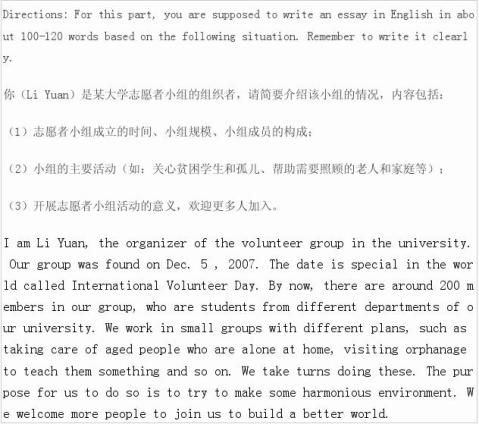

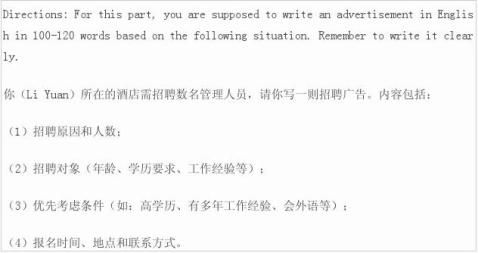

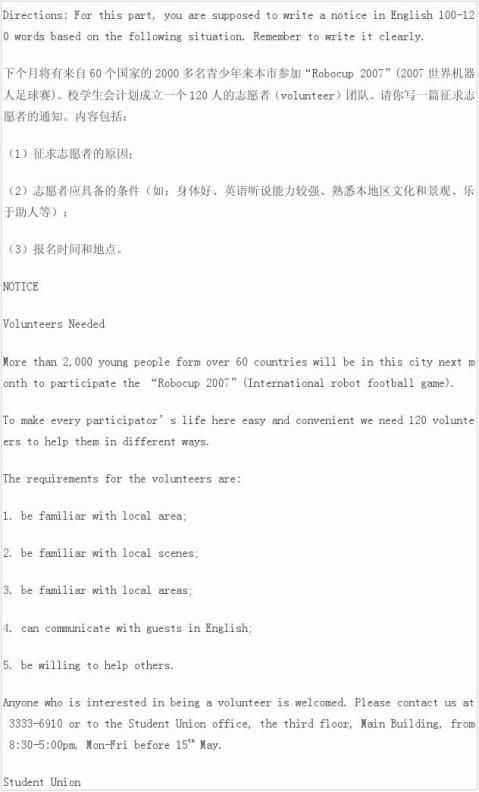

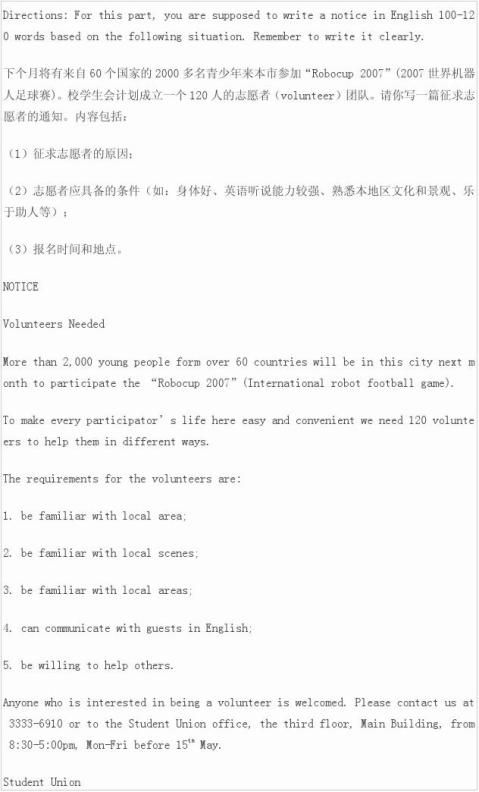

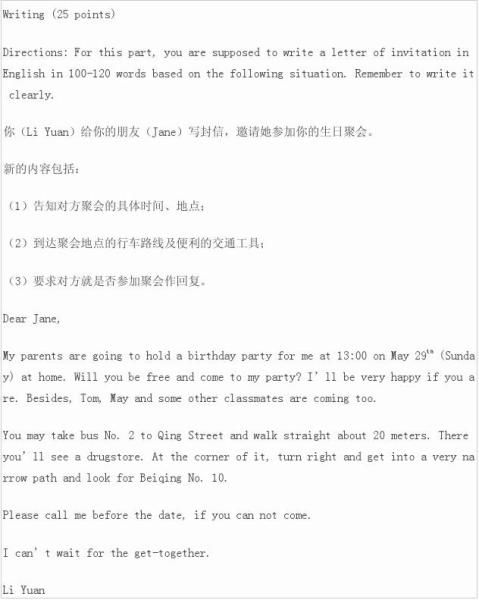




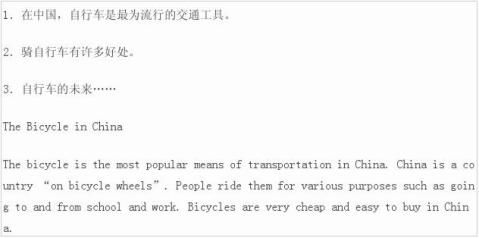


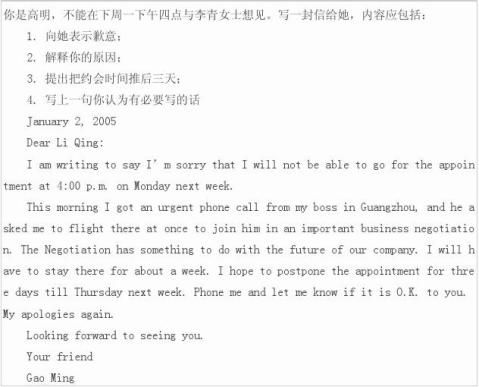
第二篇:media 英文范文
Assess the claim that an uncensored press is dangerous
A famous saying goes- ‘ The ability to do great good rarely comes without some power to do harm, and the free press is no exception to this general rule.’ This definately holds true in today’s world. An uncensored press has made a lot of positive impacts in today’s society-it has given rise to pluralism, it has made people aware on various issues and it has brought down totalitarian regimes. However, the media has also shown its negative side by defaming public figures, by instigating violence and endangering the justice system when left completely on its own. Thus, an uncensored press can be dangerous as well as beneficial depending on various circumstances.
An uncensored press is more an advantage than a danger in democratic societies when it acts as a human rights watchdog and a promoter of discussion. Firstly, it will expose wrongdoings of people in power and make them accountable for the crimes they have committed. For example, by exposing the war crimes committed by Sri Lankan forces during their offensive against the Tamil Tigers, the media fuelled UN’s attempt to bring criminals to justice. Furthermore, the international media has also been able to publicize corruption taking place in the Iraqi administration which compelled the government to enforce strict laws regarding this national issue. Dictator Fernando Marcos of Philipines was also ousted from power after media’s revelation of his corrupt administration. An uncensored press will also promote dialogue and discussion since it allows ideas to flow freely without any restrictions. By publishing a variety of viewpoints, the media will promote pluralism and permit citizens to express their discontent regarding the
government or any other issue. When this is done, much needed changes are made. The media’s coverage of discrimination of Dalits and women in rural areas has led many human rights activists to campaign about these serious issues in an effort to change people’s mentality towards women and Dalits.
By educating the public about various issues, an uncensored press will benefit the society in various ways. Firstly, the press helps the citizens in keeping abreast with latest news and also acts as a tool for the government to launch various public service campaigns. In 2005, when many Nepalis died of epilepsy, the media played an integral role in providing awareness about the disease through radio broadcasts and newspaper publications. Similarly, the media can play an equally important role in disseminating information on drug abuse and HIV/AIDS which still remain grave problems for our nation. For example, the act of expelling three HIV infected children was given so much public scrutiny that social activists launched campaigns in rural districts stressing that touching or talking with each other will not transmit this disease. Furthermore, when a press does not provide authentic information to its citizens, it will trigger false rumors, depriving the public of the truth. Many countries such as Iran and other Middle East countries deny that Holocaust
took place. Moreover, developed countries like US also allege that global warming is just a farce and suppress news relating to climate change. As a result, when the public is not aware of the past mistakes committed like the Holocaust and the Tianamen Square Massacre; there is a possibility that such mistakes can be repeated again. In addition, when coverage of information relating to poverty, global warming and hunger are restricted, it will not augur well for the entire community since these issues will not be addressed.
However, an uncensored press is dangerous when it defames public figures and infringes people’s right to privacy. An uncensored press tends to libel public figures thus violating Article 15 of UNHRD which states that ‘everyone has the right not to be defamed.’ When public figures are libelled by the media, it will spoil people’s opinion of them, they will be scorned by the public and in most cases, they will find their career being shattered by false accusations. Such was the case when Richard Jewel was accused of masterminding the 1996 Olympic Games in Atlanta which turned out to be a false accusation.
Furthermore, to charge somebody with an offense that they are not responsible for is a totally unjustified. An uncensored press will also become a threat to corporations since it is more likely to reveal confidential information. Firstly, when clandestine information of a product regarding the ingredients and processes of production is leaked through the media, the other firms will attempt to manufacture the same product and sell it at a
cheaper price. Coca Cola, Apple and other corporations found themselves victims when media published their operational plans and crucial product details. The press, if given too much of freedom will also tend to give unnecessary attention to the private lives of celebrities. By sensationalizing information on their affairs and relationships instead of their contribution to their respective professions, it can ruin the life of a celebrity. Ashley Cole and Tiger Woods have become the latest victims after the media published news articles on their alleged affairs with various women. In fact, the level of attention given to such stories far outweighs the importance they have for society.
An uncensored press can be disastrous when the so called hate speech provokes anger and violence. Firstly, hate speech, in most cases, results in murder and genocide. The horrific genocide that took place in Rwanda in the beginning of last decade resulted from Simon Bikindi’s inflammatory Anti-Tutsi hate speech which heightened the already volatile tensions between the ethnic groups. By publishing news articles demanding ‘Tutsi’s be exterminated’, he encouraged thousands of native Hutu’s to go on a rampage against Tutsi’s. However, it ought to also be noted that not all forms of hate speech should be censored. After all, in a democratic society, everyone should have the right to express their opinions without any impediment. For example, the assertion made by local papers in Arizona calling illegal Mexican immigrants ‘undocumented workers’ was not intended to instigate the minority Mexicans. In fact, it was just an opinion made by several Native Americans on Mexicans living illegally in their country. Thus, it is necessary that a media draws a line between comments that are meant to incite violence and those that seem relatively innocuous.
The news coverage given by an uncensored press during a period of natural disaster will prove to be dangerous and misleading. When a free press sensationalizes information on calamities such as the outbreak of a virulent disease, it will lead to devastating panic. While covering information on epidemics such as the swine flu or bird flu, the media tend to broadcast information by giving an exaggerated picture rather than an accurate one. Media powerhouses in India like Aaj Tak and NDTV are blatant examples of such practices. Similarly, the media also hyped their reporting on cyclone Aila causing
widespread panic among Bangladeshi citizens, causing many of them flee to the coastal areas. In the end, the effect of the cyclone was very less in comparison to the attention given by Medias of the approaching cyclone, warning the public that the effects of the cyclone will be disastrous.
There are also other instances when an uncensored press can be dangerous.
Uncensored press can be a threat when information relating to national security is concerned. Any leakage of intelligence information can be costly to the state. In 1971, when New York Times published classified ‘Pentagon Papers’, many US officials feared that it will give valuable information to Al-Qaeda and help them expand their terrorist base in the United States. Moreover, the media’s publication of photos showing naked children running away from soldiers and photos of its offensive during the Vietnam War changed American attitudes towards the war as the public appealed for an immediate cessation of violence. Furthermore, free press will also endanger the justice system. The limelight given to high profile criminal cases can sway the jurors before the legal arguments are even heard. The media’s attention to Kasab’s role in the Mumbai massacre and the public outrage that followed may have prejudiced the jurors against Kasab, fearing that if Kasab is not proven guilty, then it will lead to a widespread furor. In addition, the Indian judiciary is facing a lot of pressure and threats from the victims of Bhopal disaster who want the initiators of the disaster to be given a death penalty and not be shown any leniency. As a result of this, the defendants might lose their right to a fair trial.
Thus, from the ideas expressed above we can conclude that the media should have a high degree of freedom to publish things they wish to publish. But having said that, there should be some form of regulation to monitor the publication of information since any libellous statement and any derogatory remark against a particular group of people may spark a retaliatory action from those accused. To sum up, we can say that an uncensored press can be dangerous when it invades people’s right to privacy, when it libels public figures, when it endangers the judiciary and when hate speeches are broadcasted. On the contrary, we can also assert that an uncensored press can be an advantage since it educates the public and strengthens democracy by giving all citizens their right to opine.
To what extent are the modern mass media creating a truly informed world?
The need for quick and easy communication coupled with technological advancements and strong government support has seen the mass media evolve into the powerful source of information it currently is. Does this powerful source help create a truly informed world? My answer would be no.
What information is provided to us through magazines, books, newspapers, the Internet or any other form of media is only as reliable as their authors and editors. It is this group of people who actually decide what information is passed on to the general public. Therefore the control of the mass media has been largely handed over to this group of people.
These results in some facts being over-emphasized and others distorted before reaching the people of the world. This could lead to false information bring passed on, thus keeping the public wrongly informed. An example of this would be a newspaper article in the
Straits Times which highlighted an author and an editor who had been caught publishing false information in a magazine.
Another group of people who prohibit the passing of true information is the government of the various countries. Any information that does not tally with the government’s policies, beliefs and ideologies is censored off local newspapers, television shows and radio shows. This is currently happening in Malaysia where news channels like CNN are not broadcast live and are delayed for two to three days which are used to censor news which do not agree with Malaysian beliefs. This results in the general population receiving outdated news and false information. This problem though has been reduced since the arrival of the Internet, because it is not possible for a government to exercise control on information accessible from anywhere in the world.
If we were to concentrate on a highly developed country such as America, then it is
possible to say that most of the people have access to the various forms of mass media, resulting in their being quite well-informed. But what about those countries which are still going through the development process? How informed would an African tribe be on the war on Iraq or the SARS problem that many countries suffered? Obviously they will know little about them. This is because the information is not accessible to these groups of people. The modern mass media would succeed in creating a truly informed world only when anyone who wishes to learn about something, is able to do it without any problem. Although the media is inching towards this by increasing accessibility to the various forms of the mass media, it has to go a long way more to create an informed population in rural areas.
So much information without anyone to read it is as good as it not being there. This is the situation in many parts of world where the wealth of information is not being fully utilized by the people. Although it is important on the part of general public to learn to use the vast information available, the mass media also have to create that interest in people that will lead them to the information. A flower achieves its purpose using its nectar to attract the bees. Likewise, the mass media have to come up with some nectar of their own to make
sure its information is utilized in creating a truly informed general population. Although most of the television shows are aimed at achieving this, the information they provide is minimal compared to books, newspapers and the Internet which unfortunately do not attract many in the population.
Although the modern mass media have failed to achieve a fully-informed world, one
cannot believe the fact that over the years, the mass media have improved by leaps and bounds to reach many more people with much more valid information. Although some of the information is untrue, the number of sources available to retrieve that information has made it easier for the population to compare sources and acquire the correct information. Therefore it is also important that the public be selective and practice censorship to
maximally utilize the ocean of information that the modern mass media currently afford.
The mass media, therefore, have seen limited success in creating a truly informed world. Currently the people working in the mass media see their job as more of a chance to earn money and make a living rather than a way to pass on valuable information to the public. This situation has to be rectified if more of true information is to be passed on. The rural population also has to gain access and this can only be possible if the various forms of mass media are prepared to work together with the governments of the developing
countries to help change the fortune of those poor people. These changes together with the massive technical advancements in progress would mean that a truly informed world is not very far away.
